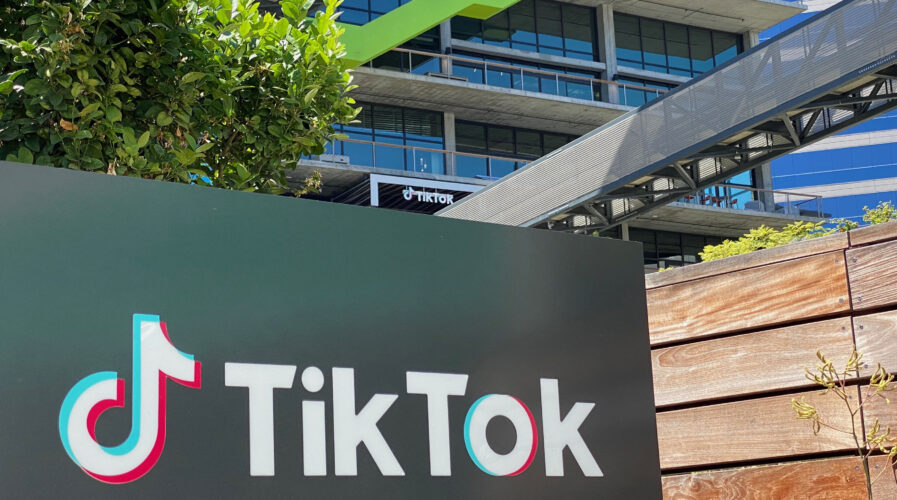
TikTok tops Facebook as most downloaded app of 2020. (Photo by Chris DELMAS / AFP)
TikTok tops Facebook as most downloaded app of 2020
TikTok is the world’s most downloaded app last year, overtaking Facebook and its messaging platforms, market tracker App Annie said Tuesday.
The Chinese-owned video app surged in popularity despite efforts by former president Donald Trump to ban it or force a sale to US-based investors, according to the research firm.
TikTok, owned by China-based ByteDance, is believed to have one billion users worldwide including more than 100 million in the United States, and its short-form videos are especially popular with young smartphone users.
US President Joe Biden in June revoked executive orders from his predecessor seeking to ban TikTok and Chinese-owned WeChat from US markets on national security concerns but ordered a review of the potential risks of foreign-owned internet services.
While political debate about the video-snippet sharing sensation roiled, TikTok climbed from the fourth most downloaded app in 2019 to the top spot last year, according to App Annie data.
On the way, TikTok stepped over Facebook and two of the US internet giants texting apps Messenger and WhatsApp, the market tracker determined.
TikTok’s popularity has prompted Facebook-owned Instagram to add video features to ride the hot trend.
Meanwhile TikTok last month began letting users post videos up to three minutes in length, tripling the prior cap to stay ahead of competitors.
Facebook has argued that the surge in TikTok’s popularity undercuts claims from antitrust enforcers in the United States that the California group dominates social networking.
gc/rl
© Agence France-Presse
READ MORE
- Ethical AI: The renewed importance of safeguarding data and customer privacy in Generative AI applications
- How Japan balances AI-driven opportunities with cybersecurity needs
- Deploying SASE: Benchmarking your approach
- Insurance everywhere all at once: the digital transformation of the APAC insurance industry
- Google parent Alphabet eyes HubSpot: A potential acquisition shaping the future of CRM


